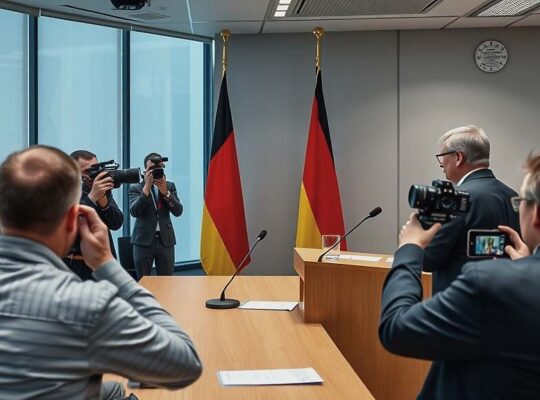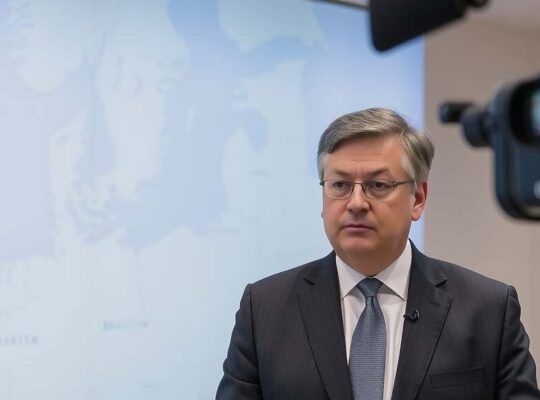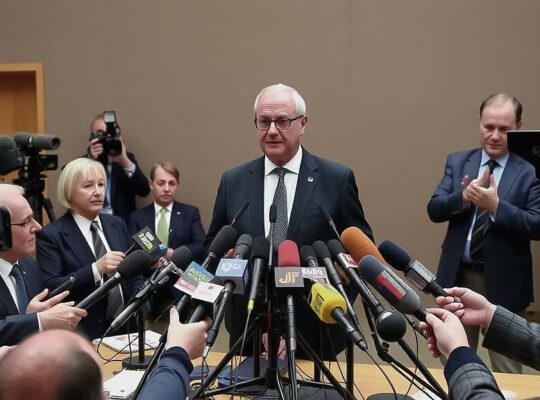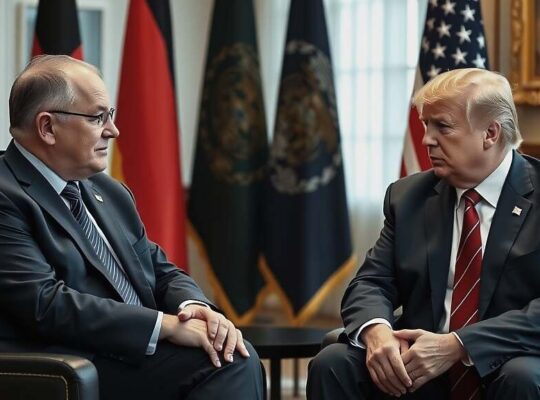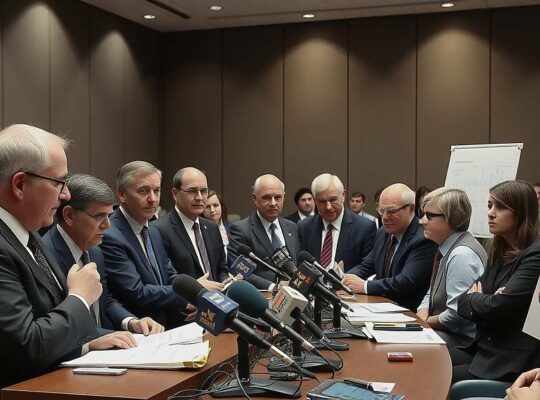A recent survey of German economics professors paints a concerning picture of the government’s newly established “Infrastructure and Climate Neutrality” special fund, raising questions about its effectiveness and fueling debate over Germany’s fiscal policy. Conducted by the Ifo Institute and published this week, the survey indicates that only approximately 47% of the debt-financed fund is likely to be allocated to genuinely new investment projects. A significant proportion of the surveyed economists – one-quarter – anticipates that less than 20% will be directed towards such initiatives.
The primary criticism centers on the practice of diverting pre-existing budget allocations from the federal government’s annual budget into the special fund, effectively masking the true scope of new spending. This maneuver, according to Ifo expert Niklas Potrafke, obscures the genuine impact of the debt-financed program and raises doubts about its intended purpose.
While economists largely agree on the priority areas for investment – particularly infrastructure related to transportation and energy, alongside digitalization, education and scientific infrastructure – the lack of transparency surrounding the fund’s true investment pipeline has sparked considerable unease. The survey suggests a broad consensus that public investments are more likely to stimulate private investment rather than displace it, but this optimism is tempered by the concerns regarding the fund’s actual application.
The impending reform of Germany’s debt brake, a constitutional limit on government borrowing, is also under scrutiny. While most experts advocate for a strict yet flexible framework that restricts credit-financed spending to future-oriented investments, a majority (58%) express skepticism about Germany’s ability to adhere to upcoming EU fiscal rules. This casts a shadow over the long-term sustainability of Germany’s financial commitments and raises questions about its capacity to meet broader European economic obligations.
The current debate surrounding the special fund’s utilization underscores the continued importance of the debt brake, according to the survey. Political pressure to allocate funds towards consumption rather than strategic investments and to finance this through debt, highlights the need for stringent fiscal discipline. The report concludes that the debt brake is crucial in restraining this tendency and should not be further relaxed, a perspective that intensifies the ongoing tension between the government’s spending ambitions and the need for prudent fiscal management. The survey, which polled 179 economics professors between September 30th and October 7th, 2023, adds further complexity to the ongoing policy deliberations in Berlin.




